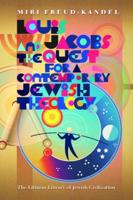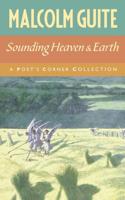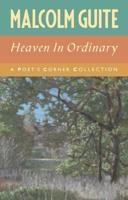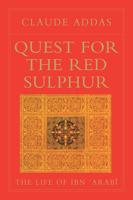Publisher's Synopsis
Billy Sunday (1862-1935) was the best-known evangelist in America in the first half of the 20th century. Impoverished midwestern farm kid, professional baseball player, showman extraordinaire, unabashed patriot, and foe of the demon rum, this self-styled muscular Christian brought his brand of manly gospel to millions of Americans nationwide. Sunday connected with his fans through a combination of theatrics, conservative theology, and fervent patriotism; the circumstances of his life and work were consistent with a Horatio Alger-like myth of success that resonated with the millions of Americans of his time who had been transplanted from the farm to the city.Published serially in the Ladies' Home Journal in 1932 and 1933 and now in book form for the first time, The Sawdust Trail is the only autobiography that this hugely popular and hugely controversial preacher ever wrote. From his childhood days in Iowa to the early days of his conversion in Illinois, from his baseball career with the National League teams in Chicago, Pittsburgh, and Philadelphia to the challenges of preaching in New York City during his heyday, the sections of Sunday's autobiography roll out like so many exuberant sermons, yet the sympathetic reader can hear echoes of the loneliness and misery of his early years.In The Sawdust Trail the sometimes appalling but always appealing Billy Sunday creates a usable past for himself, notable for what he omits as well as for what he includes, which gives us insight not just into his own life and career but also into the peculiar history of evangelism in America.









